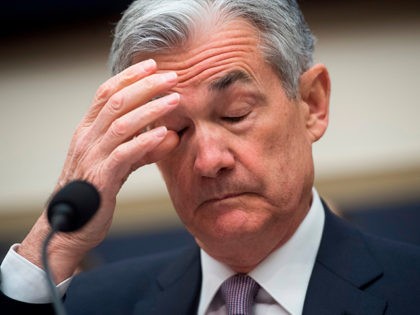Fed Hikes Benchmark Rate by 25 Basis Points, Signals More Increases to Come
The Fed’s benchmark rate is now the highest it has been since 2007.
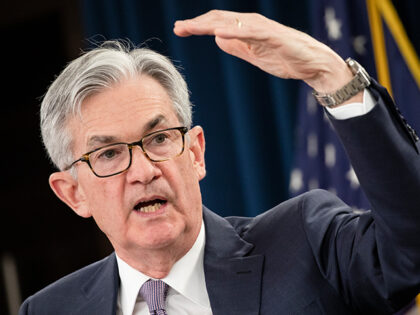
The Fed’s benchmark rate is now the highest it has been since 2007.

The labor market is heating up.
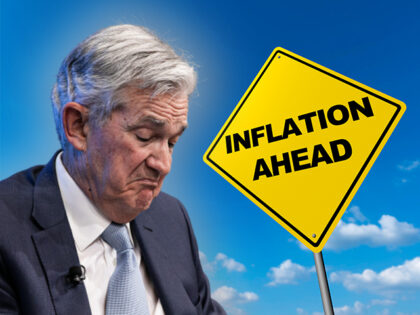
Not the cooling the Fed was looking for.

Softer labor costs and a better-than-expected outlook from General Motors appear to have convinced markets that the crash test dummies of the U.S. economy might emerge relatively unscathed from what until recently looked to be a pretty serious collision with monetary policy.

Expectations for business conditions and the labor market made a turn for the worse and expected inflation picked up.
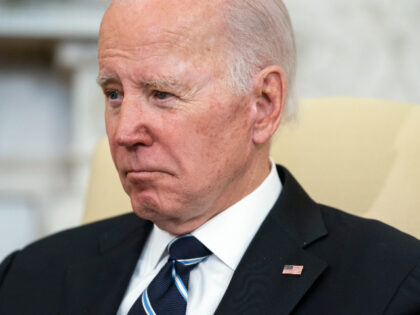
The layoffs in tech announced over the past month or so have many asking if this is a bellwether for the broader labor market.

The latest economic data continues to point in the direction of recession.
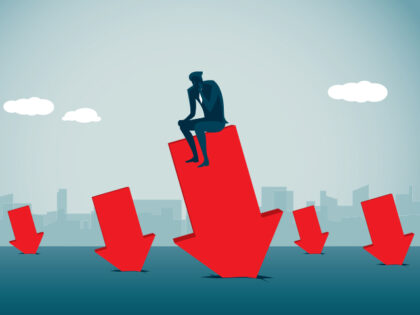
If the housing market is in a recession, why are homebuilders still employing so many construction workers?

Yellen takes the minting a $1 trillion platinum coin off the table.
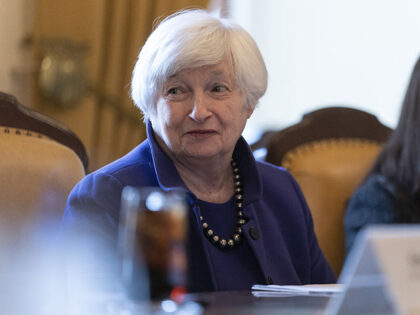
The leading indicators declined 4.2 percent in the second half of 2022.

The housing market has been weird for almost a year and now it appears to be on the verge of flipping that weirdness upside down.

This morning’s jobless claims were the latest piece of evidence that the labor market remains extremely hot even as other economic data appears to be foreshadowing a plunge in economic activity.
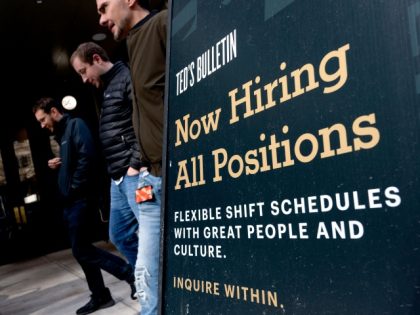
Manufacturing has joined the housing market in recession.

Claims for unemployment benefits fall to a four-month low.

What looked like hopeful economic data a week ago now looks like an augury of a faster-than-expected economic collapse.
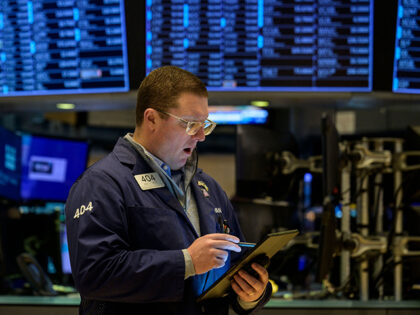
Weaker-than-expected holiday sales led to deeper discounts from retailers, wholesalers, services businesses, and producers.
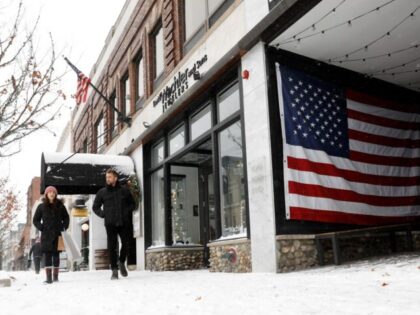
December sales were much lower than expected and November was revised down sharply.

In 2022, Americans starting pushing back against the toxic combination of finance and left-wing politics known as ESG, but the struggle is far from over.

Speaking from Davos, the BlackRock CEO says the attacks on ESG have become personal and ugly.
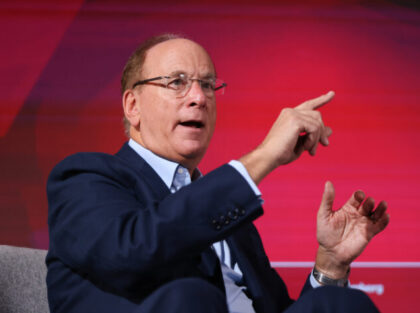
No soft-landing for New York manufacturters.

The extremely benign economic data of the past two weeks appears to have made investors more confident that they will win the fight with the Fed.
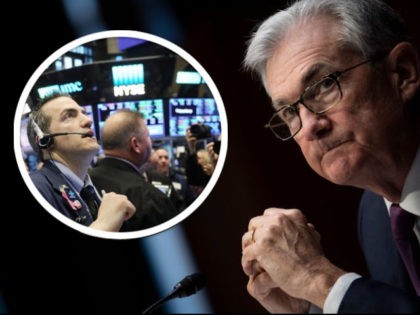
Even with the bigger-than-expected lift and softer inflation expectations, consumer sentiment remains in the doldrums and below where it was a year ago.

Inflation moderated in December, but there are some worrisome signals buried in the most recent consumer price index.
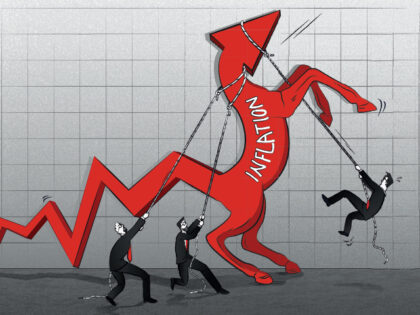
While overall inflation is cooling, prices in the services sector are up the most since 1982.

Food prices, however, are still rising at a rapid rate.

“We are not, and will not be, a ‘climate policymaker,'” Federal Reserve Chair Jerome Powell said during a panel discussion Tuesday hosted by Sweden’s central bank.
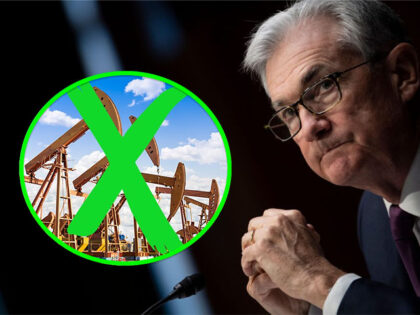
The Atlanta Fed’s latest survey of business expectations shows inflation expectations unchanged while reports of current profitability deteriorate.

Federal Reserve officials have been attempting to convince markets of their commitment to fighting inflation by explicitly talking about the unwelcome costs they are willing to bear and inflict to succeed.
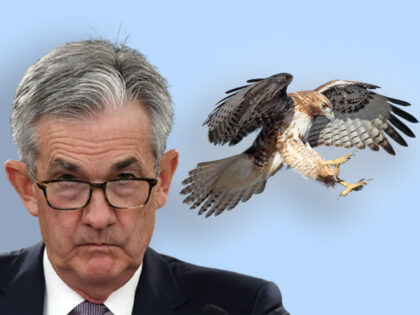
Small business owners expect sales conditions and the overall economy to deteriorate in the coming year.

You might want to prepare yourself for yet another inflation victory jig from President Joe Biden.
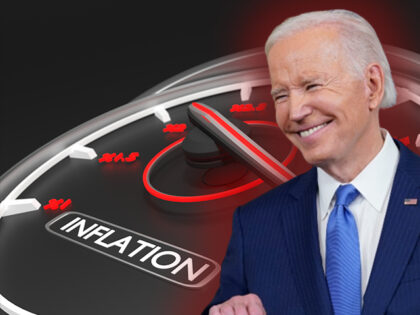
A softer labor market will weigh on black and Hispanic employment, Fed officials acknowledged at their December meeting.
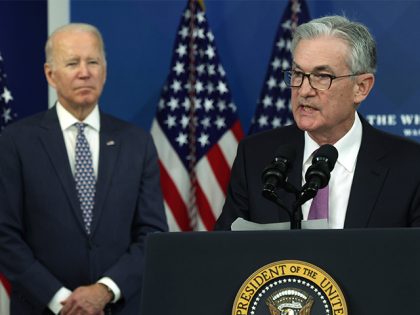
Expectations for one-year inflation dipped, while three-year inflation expectations were unchanged, and five-year expectations ticked up.

The labor market remains seriously out of balance, and the Federal Reserve is not likely to relent so long as this remains true.
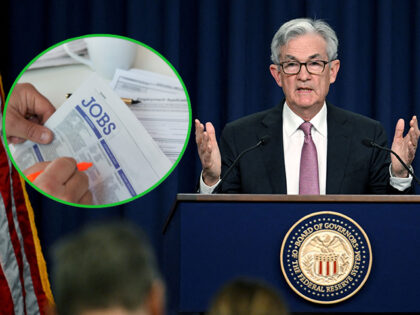
Economists had expected the economy to add 200,000 jobs and the unemployment rate to remain unchanged at 3.7 percent.
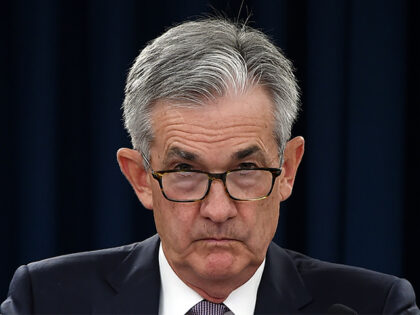
The data this week has made it clear that the Federal Reserve has a lot more work to do to cool down the labor market.
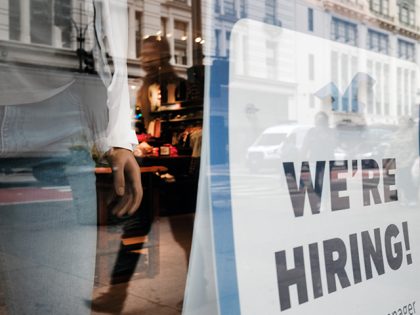
Lots of headlines about layoffs but very few showing up in the unemployment data.

Does not look like monetary policy has become restrictive yet.

What a difference a dozen years makes. When Republicans took control over the House of Representatives during a Democratic presidency 12 years ago, they were riding the Tea Party wave of populist anger over bailouts. Yet despite a crowd of
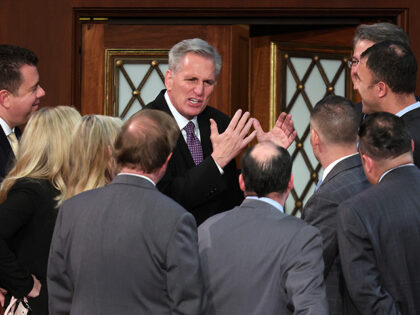
Manufacturing is rolling over but this probably will not help much on the inflation front.

The Fed’s hikes have not done much to loosen labor market conditions.
